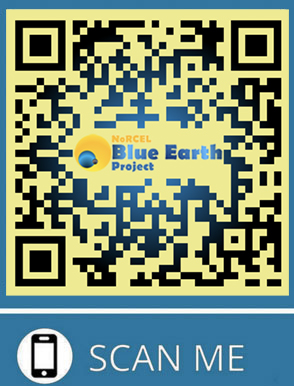
This is a free science-in-society event and is open to all to
attend, either in-person in Leeds, or online.
To register for BEP2025 please use the link or QR code
https://www.eventbrite.co.uk/e/1097622912679


This is a free science-in-society event and is open to all to
attend, either in-person in Leeds, or online.
To register for BEP2025 please use the link or QR code
https://www.eventbrite.co.uk/e/1097622912679



BEP2025 delves into the history and current state of space exploration, beginning with the Moon—our nearest celestial neighbour. Far from being pristine, the Moon is now home to approximately 200,000kg of debris left by various missions. As developing nations join the space race, the result is inevitable: more “space trash.” Meanwhile, Earth’s orbit has become a cluttered realm of satellites, rocket remnants, and even terrestrial microbes and tardigrades which are introduced during exploration. Yet the challenges still faced on Earth, including climate change, dwindling ecosystems and the ongoing extinction of fauna and flora seem no nearer resolution. Our Earth’s population has already surpassed 8.2 billion and is projected to be close to 10 billion by 2050. Alarmingly, a quarter of humanity survives on less than $4.00 a day, grappling with dire poverty. With restricted resources and urgent needs on Earth, can space exploration truly justify its costs? Advocates suggest that space-related industries could alleviate poverty by creating jobs and realising new innovations, but critics
question whether this vision is achievable—or simply a distraction from pressing global issues.